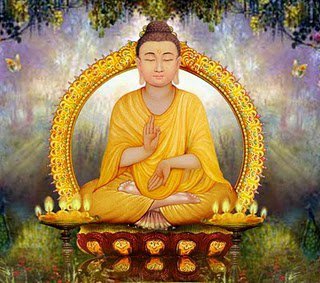Do You Have Time To Love?

To love is, above all, to be there. But being there is not an easy thing. Some training is necessary, some practice. If you are not there, how can you love? Being there is very much an art, the art of meditation, because meditating is bringing your true presence to the here and now. The question that arises is: Do you have time to love?
I know a boy of twelve whose father asked him one day: "Son, what would you like for your birthday present?" The boy did not know how to answer his father, who was a very rich man, able to buy anything for his son. But the boy did not want anything except his father's presence. Because the role the father played kept him very busy, he did not have time to devote to his wife and children. Being rich is an obstacle to loving, When you are rich, you want to continue to be rich, and so you end up devoting all your time, all your energy in your daily life, to staying rich. If this father were to understand what true love is, he would do whatever is necessary to find time for his son and his wife.
The most precious gift you can give to the one you love is your true presence. What must we do to really be there? Those who have practiced meditation know that meditating is above all being present: to yourself, to those you love, to life. [.]
Do you have enough time to love? Can you make sure that in your everyday life you have a little time to love? We do not have much time together; we are too busy. In the morning while eating breakfast, we do not look at the person we love, we do not have enough time for it. We eat very quickly while thinking about other things, and sometimes we even hold a newspaper that hides the face of the person we love. In the evening when we come home, we are too tired to be able to look at the person we love.
We must bring about a revolution in our way of living our everyday lives, because our happiness, our lives, are within ourselves.
--Thich Nhat Hanh




































